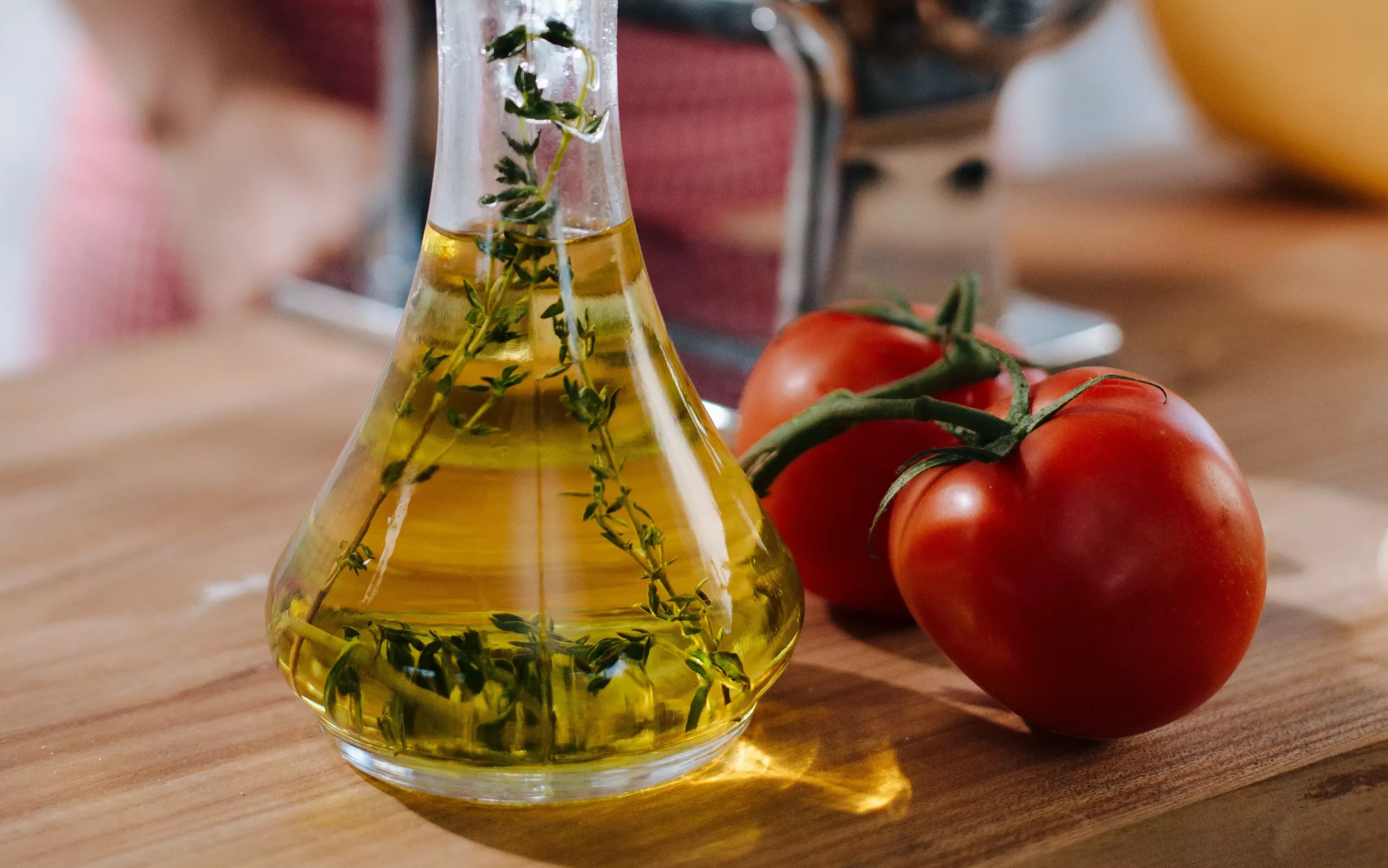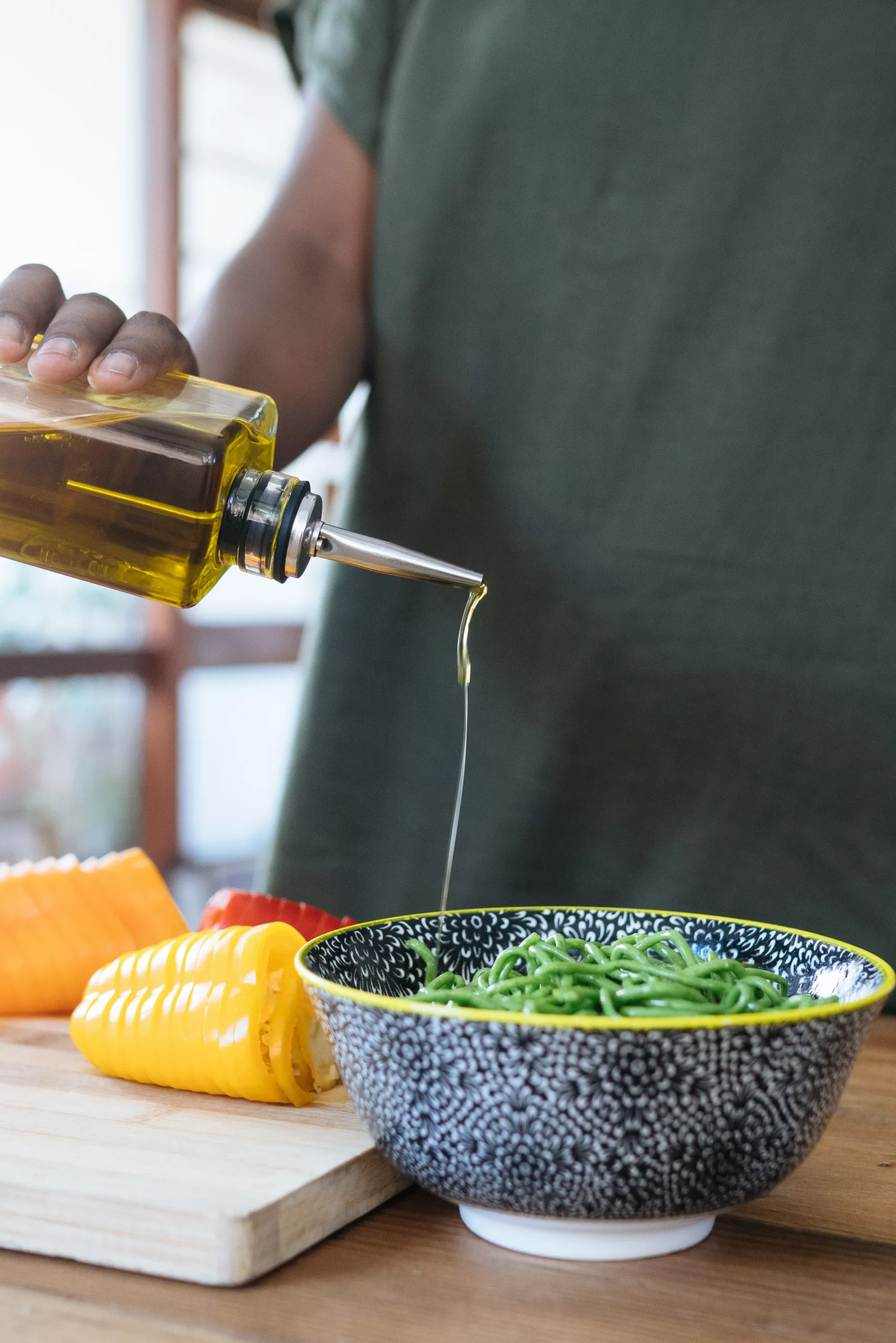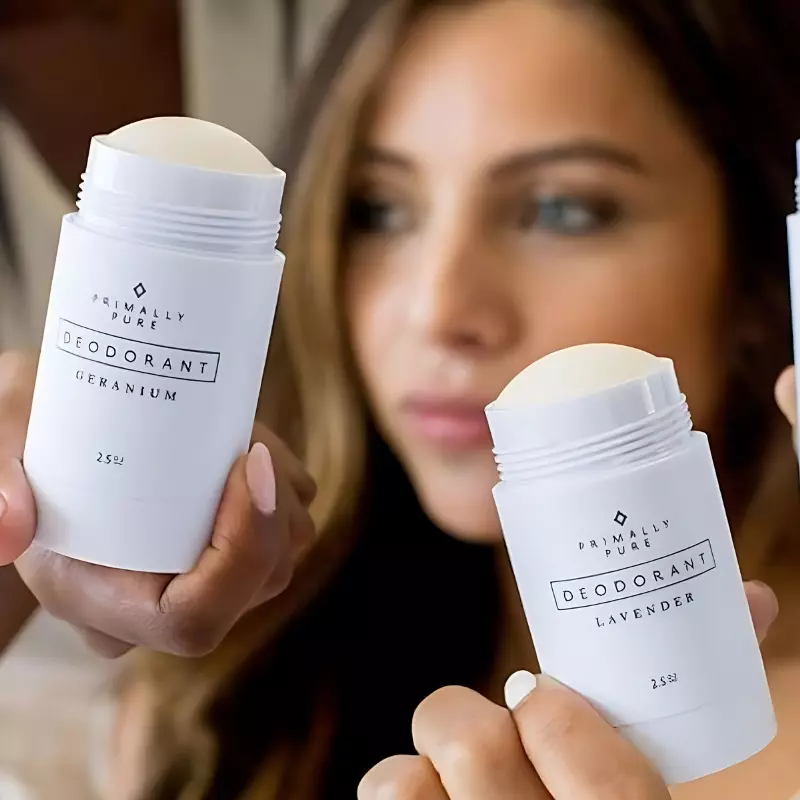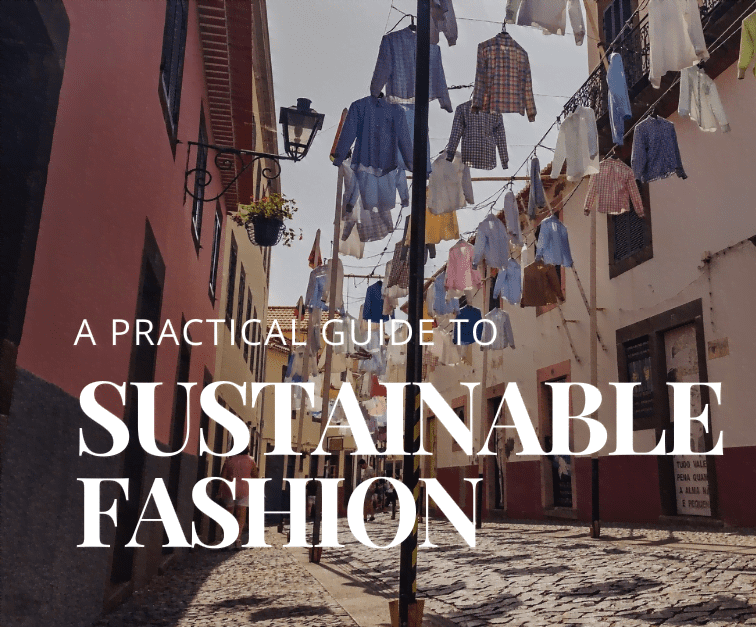In recent times, there’s been a whirlwind of information circulating about Canola Oil and its status in Europe. It’s crucial to set the record straight: Europe has not outright banned Canola Oil. Instead, the European Union has implemented stricter regulations concerning the sale of oils and fats, placing Canola Oil under heightened scrutiny.
Such decisions don’t arise from a vacuum, and understanding the reasons behind this move can provide valuable insights into the world of food safety and regulations. So, why did this happen? Dive into this article to unravel the story behind Europe’s stance on Canola Oil.

The History of Canola Oil
Canola oil, derived from the seeds of the canola plant, has its roots in Canada. The oil is known for its low saturated fat content and high omega-3 fatty acids, making it a preferred choice in many households. However, the production process involves high heat and chemicals, which has raised eyebrows in health-conscious circles. The oil was initially developed using traditional plant breeding techniques to eliminate the high erucic acid content found in traditional rapeseed. Despite these modifications, the controversy surrounding the oil has not ceased, with the European concerns adding fuel to the fire.
The European Stance

Europe’s concerns about canola oil are primarily due to the erucic acid content. Studies have pointed toward the potential harmful effects of erucic acid, a component found in this oil. While the oil consumed in most parts of the world is low in erucic acid, Europe maintains stricter standards. The European Food Safety Authority (EFSA) has expressed concerns about the potential health risks of erucic acid, which include heart damage. This has led to stricter regulation of oils and fats sold in the European Union, with canola oil being under scrutiny. However, it’s important to note that the EFSA does not explicitly mention a ban on canola oil. The debate has sparked a global debate, with proponents of oil arguing that the oil consumed today is safe and meets international standards for erucic acid content.
Health Implications
The health implications of canola oil are a topic of heated debate. While some studies suggest it may lead to heart diseases and inflammation due to its high omega-6 fatty acids, others argue that the oil is safe when consumed in moderation. Compared to other oils commonly used in Europe, such as olive oil, canola oil has a higher smoke point but lacks the rich antioxidants found in the former. The high smoke point makes canola oil a good option for high-heat cooking methods like frying. However, the lack of antioxidants, which are known for their health-protective properties, makes them less desirable compared to oils like olive oil and avocado oil. Furthermore, the high omega-6 to omega-3 ratio in canola oil is a concern, as a balanced ratio is crucial for optimal health.
Sustainability Concerns

The environmental impact of canola oil production is another factor to consider. The cultivation of canola often involves the use of pesticides and large amounts of water, raising sustainability concerns. Moreover, the transportation of canola oil contributes to its carbon footprint. In contrast, locally sourced oils such as olive oil in Mediterranean countries offer a more sustainable alternative. The production of canola oil also involves high heat and chemical solvents, which further adds to its environmental impact. While some companies have made efforts to produce organic and non-GMO canola oil, the overall sustainability of canola oil production is still a contentious issue.
In the face of the canola oil controversy, it’s crucial to be aware of greenwashing. Some companies may market canola oil as a ‘healthy’ and ‘natural’ product, downplaying its potential health risks and environmental impact. Consumers must remain vigilant and question the sustainability claims made by these companies. It’s essential to read labels carefully and research the company’s practices before making a purchase. Greenwashing is not limited to canola oil but is a widespread issue in the food industry. As consumers, we must equip ourselves with the knowledge to differentiate between genuinely sustainable practices and marketing gimmicks.
Busting Canola Oil Myths

One common misconception is that canola oil is the same as rapeseed oil. While they come from the same plant family, canola oil is a specific variety of rapeseed oil with lower erucic acid content. Another myth is that canola oil is inherently bad for health. The truth is, like any oil, it should be consumed in moderation as part of a balanced diet. It’s also important to consider the source of the oil, as organic and non-GMO versions may be a healthier choice. The debate around canola oil is a reminder of the complexity of nutrition science and the importance of staying informed and critical when it comes to our food choices.
Conclusion
The scrutiny of canola oil in Europe underscores the importance of understanding the health and environmental implications of our food choices. As consumers, we must stay informed and make decisions that align with our health goals and the sustainability of our planet. While canola oil may be a suitable choice for some, it’s crucial to consider its potential health risks and environmental impact. Ultimately, the choice of cooking oil should be a personal decision, based on individual health needs, culinary preferences, and environmental considerations. So, when you ask, “Why is Canola Oil Banned in Europe?” remember that it’s not explicitly banned, but it’s under scrutiny due to its erucic acid content.
Join the journey toward sustainable cooking! Explore our food blogs for more eco-friendly insights, tips, news, and hacks to create a greener and tastier world
Make every meal sustainable!
Subscribe for delicious, eco-friendly food tips and grab your free guide to green grocery shopping.

















